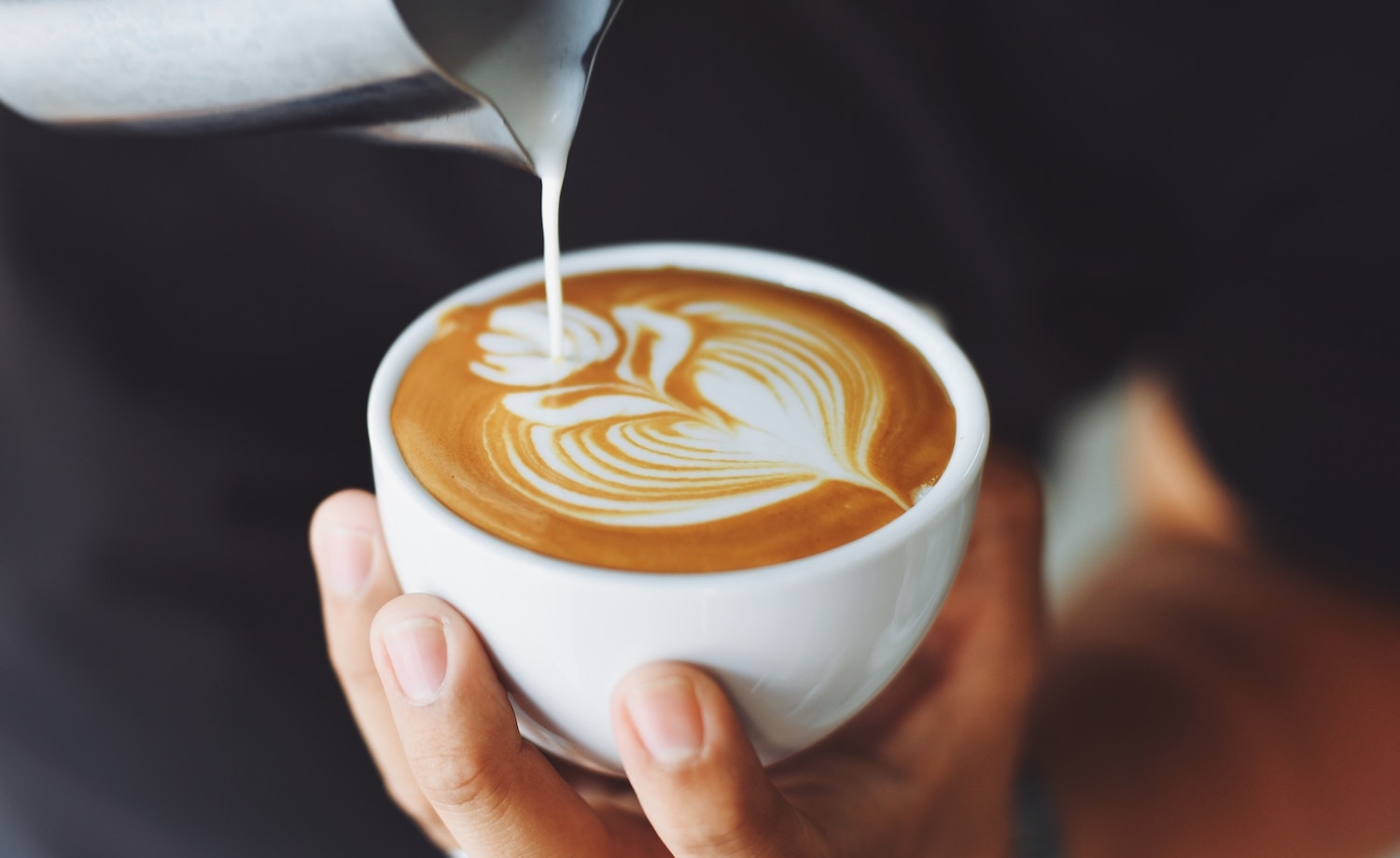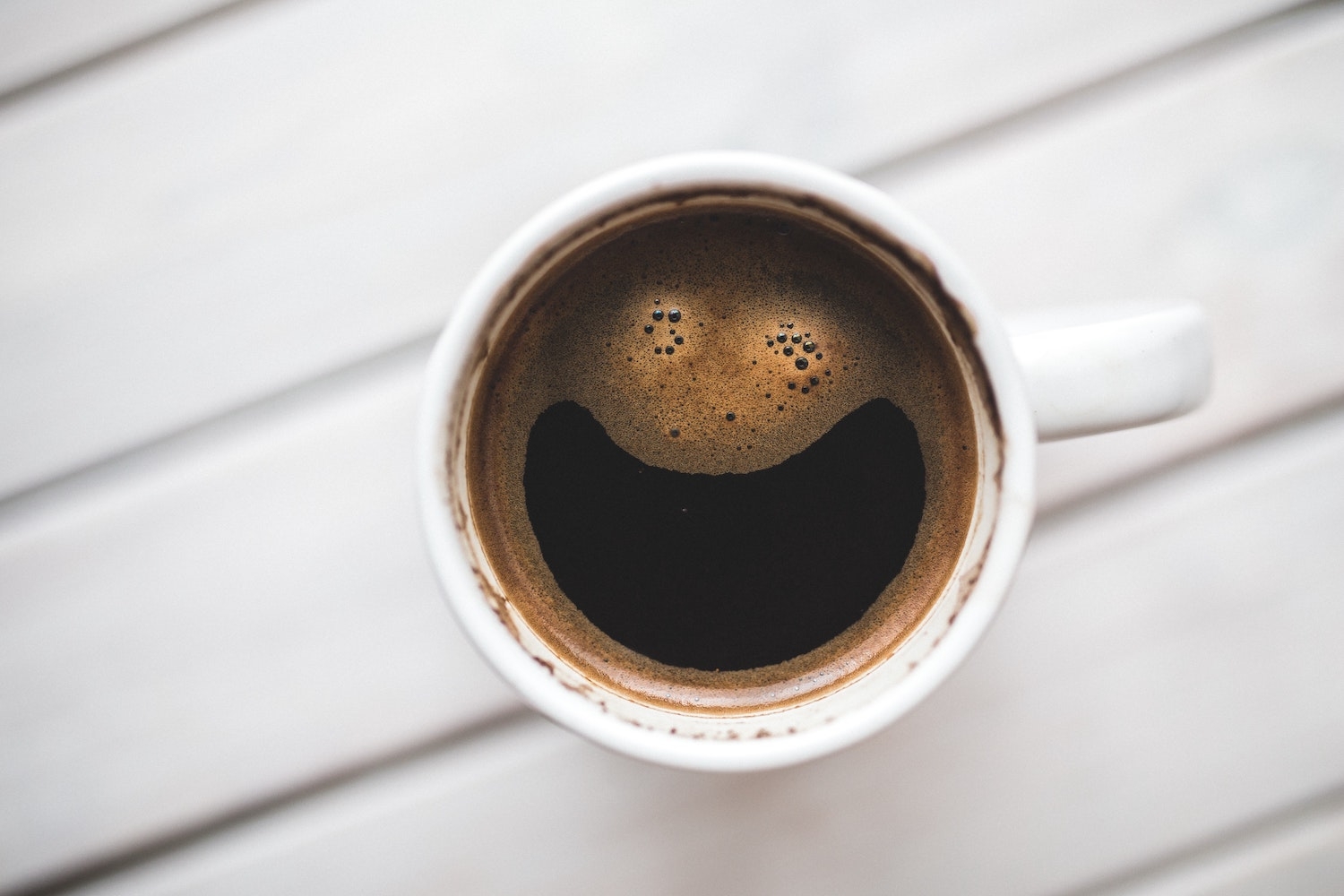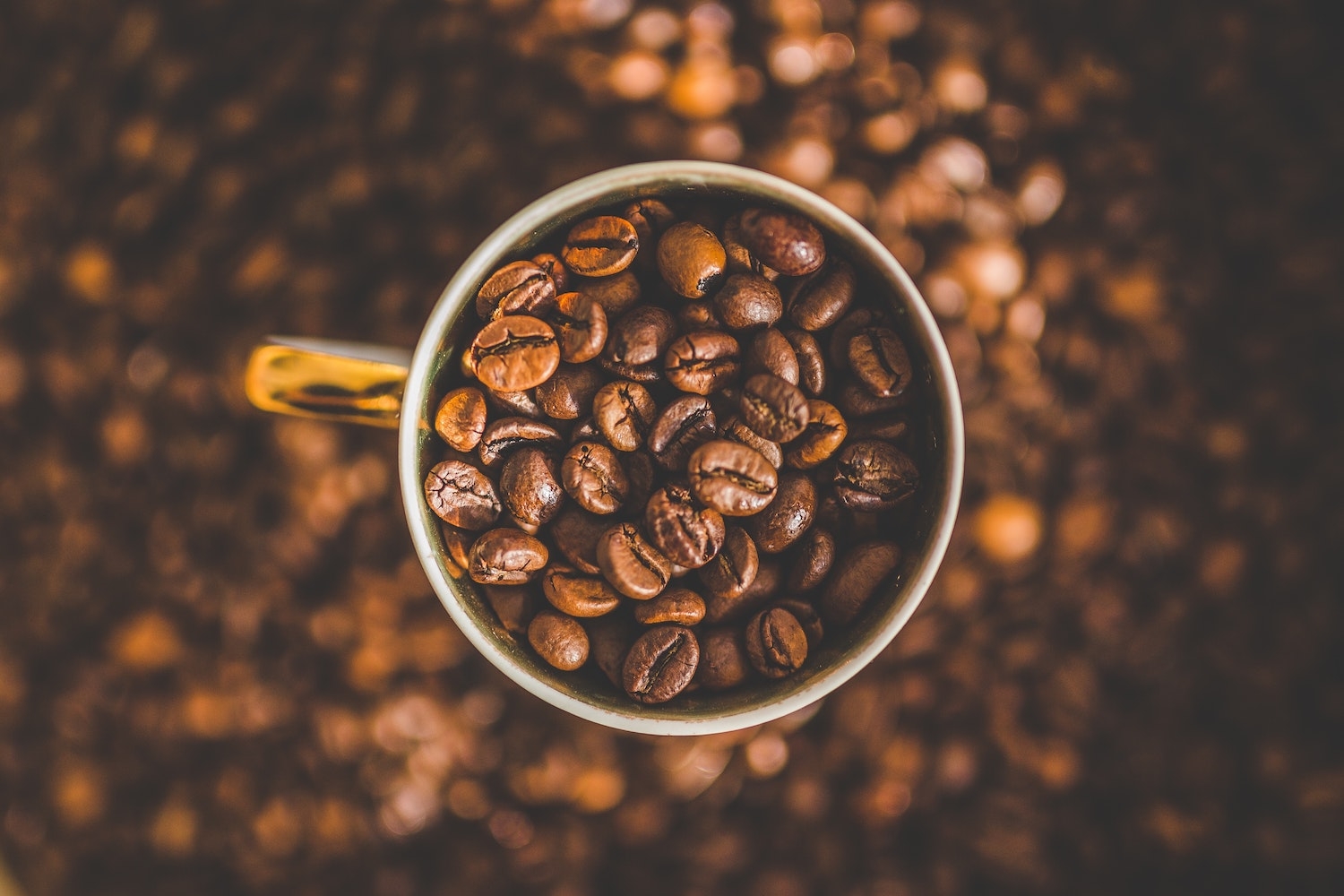Uncategorised
Does coffee keep you awake and when is the best time drink it?
10 Dec 2020
3m
Coffee is one of our favourite go-to sources for short-term energy fixes.
But does coffee keep you awake and if so, when is the best time to drink it?
Here’s everything you need to know…
 Americans manage to down an astonishing 400 million servings of coffee per day.(Credit: Pexels)
Americans manage to down an astonishing 400 million servings of coffee per day.(Credit: Pexels)
Does coffee keep you awake?
If there’s one thing expected to rouse the world from a post-weekend stupor, it’s caffeine.
As the only way to guarantee mornings aren’t spent in a zombie trance, it forms the backbone of dawn routines.
READ MORE: 7 foods that are just as energising as coffee
Though there are a few mavericks that lean on the sugary rush of an energy drink. But for most of us, our fuel comes from one source.
Due to aggressive marketing and the perpetual slumber seen in its absence, coffee is the lifeblood of the modern working world.
And we get through a lot of coffee.
Figures from the Huffington Post reveal that Americans manage to down an astonishing 400 million servings per day.
Scientists believe that much of this consumption is down to our unshakeable belief that we can’t wake up properly without a freshly brewed cup.
But despite our faith in the limitless power of the coffee bean, it’s become clear that wakefulness is not simply a matter of gulping and waiting.
 Coffee can help you maintain focus during the day(Credit: Pexels)
Coffee can help you maintain focus during the day(Credit: Pexels)
What is the best time to drink coffee?
New research from Dr Stephen L Miller at the Geisel School of Medicine suggests that there are actually specific times of day when you should drink coffee.
Consuming a cup of Joe at the right time can maximise the drink’s positive effects.
According to Dr Miller, following his guidelines should not only assist wakefulness, but also ensure that the drinker avoids building up an unwanted tolerance.
The research is rooted in the field of chronopharmacology – the study of how certain drugs affect the body’s natural biological rhythms.
Much of the science focuses on the circadian clock. In case you didn’t know, this is the body’s internal device for monitoring levels of certain hormones throughout the course of the day.
One of the hormones controlled by the clock is the stimulant cortisol.
Cortisol is typically released when the body is under extreme stress and is responsible for instigating our natural fight or flight responses.
When cortisol levels are elevated, it leaves us feeling awake, alert and ready for anything. However, when our levels drop, we become lethargic, sleepy and ready for a long snooze.
 Consuming a cup of Joe at the right time can maximise the drink’s positive effects (Credit: Pexels)
Consuming a cup of Joe at the right time can maximise the drink’s positive effects (Credit: Pexels)
Energy boost
Hormone levels are not simply random peaks and troughs. In fact, they are regulated by the circadian clock.
This means that there are certain times of day when we are most naturally awake.
For the average person who wakes up at 7AM, these times are between 0800-0900, 1200-1300 and 1730-1830.
Read More: Is coffee bad for you? Doctors reveal potential health risks
The trick behind Dr Miller’s proposal is to manage your coffee intake to effectively coincide with these natural spikes in energy.
Instead of taking on caffeine during a peak, Miller recommends supplementing the lulls with an injection of artificial energy.
He suggests drinking between 0930-1130, 1330-1530, and never after 1900 unless you’re working a particularly taxing nightshift.
This should, in theory, help drinkers maintain focus throughout the working day.
Of course, every body is different and a one-size fits all approach won’t work for everyone.
However, Dr Miller’s advice does have a lot of science behind it. So we think this coffee regime is worth following if you’re looking for a better way to stay awake.



